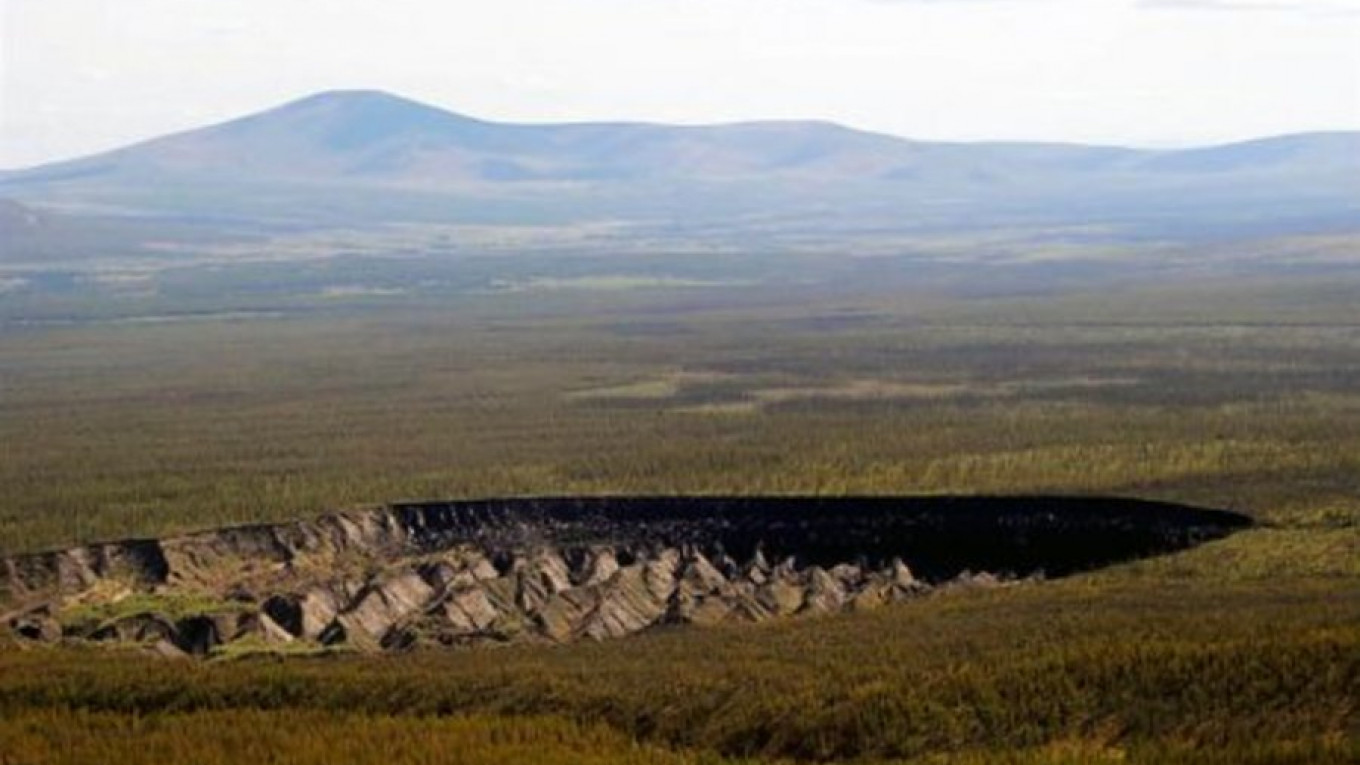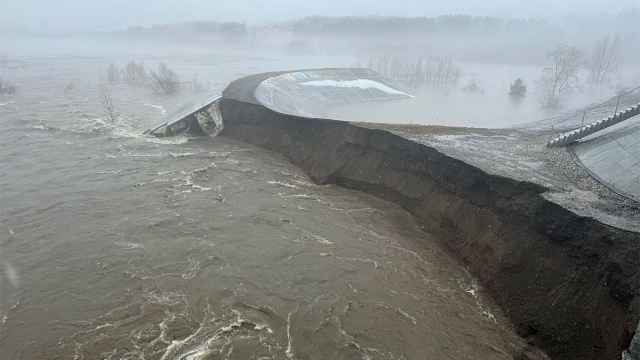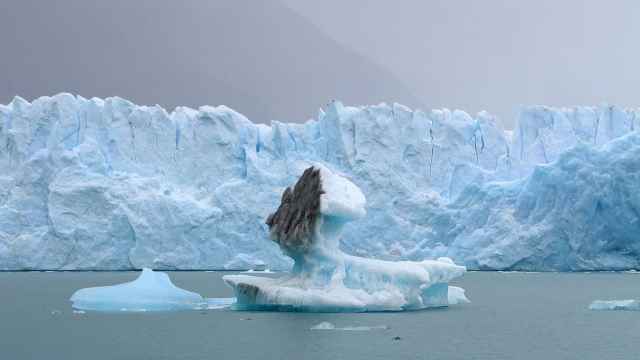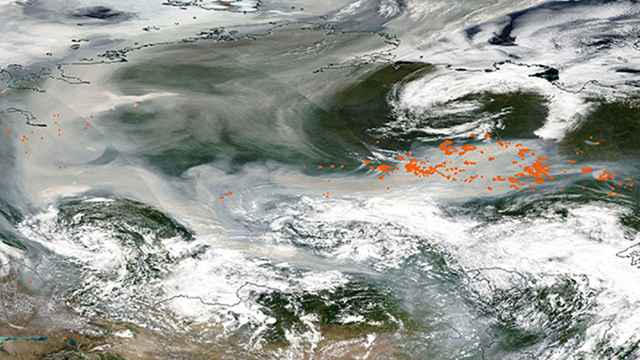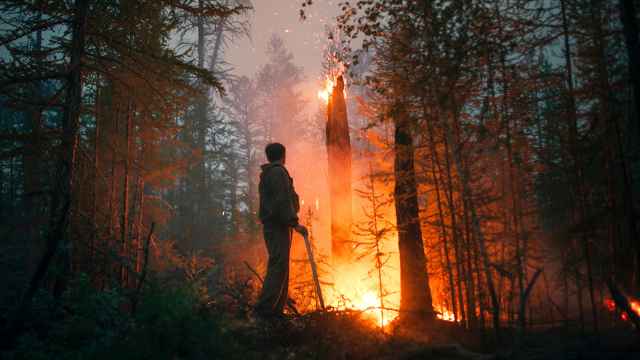Ancient layers of Siberian permafrost are more resilient to rising global temperatures than previously thought, according to a study by an international team of scientists at the University of Sussex.
Permafrost, which covers roughly 65% of Russia’s territory, holds roughly twice as much carbon than is found in Earth’s atmosphere, according to the U.S. National Snow and Ice Center. Experts warn that as the planet warms, these permanently frozen layers of soil will melt and release stored greenhouse gases, sparking a potentially catastrophic “feedback loop” of climate change acceleration.
British, Russian and German scientists studied deep permafrost layers up to 650,000 years old at the Batagaika crater in Siberia, a giant megaslump measuring 50 meters deep and 0.8 kilometers wide.
These deeper layers stayed frozen throughout multiple climate shifts during the last 420,000 years, even in periods when air temperatures were at times 4-5 degrees Celsius higher than at any time in the last 11,700 years, the scientists said in the study published June 15.
The Batagaika crater first appeared in the mid-20th century and has been rapidly expanding since. While its expansion has been attributed to climate change, other human activities also play a major role in the megaslump’s appearance, the study authors said.
Deforestation and off-road vehicle movement acted as a trigger at Batagaika by weakening the upper permafrost layers and setting off melting at depths otherwise resistant to climatic changes.
“Slump expansion [at the Batagaika crater] by tens of meters each year since the 1990s has caused major disturbances to vegetation, hydrology and sediment in the area,” said Julian Murton, the study’s lead author.
A Message from The Moscow Times:
Dear readers,
We are facing unprecedented challenges. Russia's Prosecutor General's Office has designated The Moscow Times as an "undesirable" organization, criminalizing our work and putting our staff at risk of prosecution. This follows our earlier unjust labeling as a "foreign agent."
These actions are direct attempts to silence independent journalism in Russia. The authorities claim our work "discredits the decisions of the Russian leadership." We see things differently: we strive to provide accurate, unbiased reporting on Russia.
We, the journalists of The Moscow Times, refuse to be silenced. But to continue our work, we need your help.
Your support, no matter how small, makes a world of difference. If you can, please support us monthly starting from just $2. It's quick to set up, and every contribution makes a significant impact.
By supporting The Moscow Times, you're defending open, independent journalism in the face of repression. Thank you for standing with us.
Remind me later.


